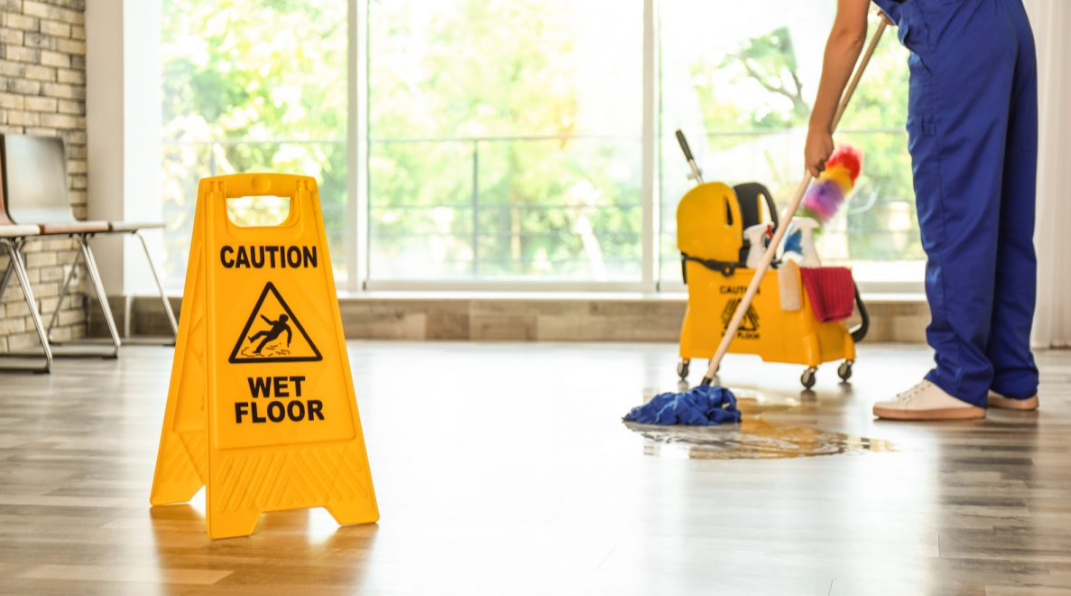Choosing the right driveway material is a big decision, and two popular options are resin-bound driveways and traditional paving. Both have their advantages, but which one is better for your needs? In this article, we’ll explore the pros and cons of resin driveways versus traditional paving, helping you make an informed decision that suits your home and lifestyle.
If you’re ready to enhance your home’s curb appeal, explore resin driveways in Poole for expert installation tailored to your property.
What is a Resin Driveway?
A resin driveway is made by mixing natural aggregates with resin, creating a smooth, seamless surface. Resin-bound driveways allow water to drain through, preventing puddles and reducing flood risks. The flexibility in design and range of colours makes resin driveways both functional and attractive.
What is Traditional Paving?
Traditional paving involves the use of bricks, slabs, or stones arranged in patterns. It’s a tried-and-tested method that gives a classic, textured look to driveways. However, the gaps between the pavers can collect weeds and dirt, requiring regular maintenance.
Durability Comparison
- Resin Driveways: Resin-bound surfaces are highly durable and resistant to cracking, even with heavy use. Their flexibility allows them to withstand minor ground movements without damage.
- Traditional Paving: Paving stones are strong, but the individual bricks or slabs can shift over time, leading to uneven surfaces. Paving is also more prone to cracking under pressure or during extreme weather conditions.
Maintenance Requirements
- Resin Driveways: Resin surfaces are low maintenance. They resist weeds, stains, and moss growth, requiring only occasional sweeping or pressure washing to stay clean.
- Traditional Paving: Paving needs regular maintenance to prevent weeds from growing between the cracks. It may also require re-levelling if the pavers shift, making it a more labour-intensive option.
Aesthetic Appeal
- Resin Driveways: With a range of colours, textures, and patterns available, resin driveways offer modern, customisable aesthetics. They provide a smooth, seamless finish that enhances the overall look of your property.
- Traditional Paving: Paving stones offer a more classic appearance and can be arranged in intricate patterns. However, the textured surface may not suit all modern homes.
Weather Resistance
- Resin Driveways: Resin surfaces are resistant to UV rays, meaning they won’t fade under sunlight. Their porous nature also prevents water pooling, reducing the risk of frost damage.
- Traditional Paving: While paving is durable, it can develop cracks during freezing conditions if water seeps between the stones. Additionally, the colour may fade over time under constant sun exposure.
Installation Time
- Resin Driveways: Resin installations are relatively quick, usually completed within a few days. Once laid, the surface sets within 24 to 48 hours.
- Traditional Paving: Paving takes longer to install, especially if intricate patterns are involved. The individual placement of each stone can take several days, leading to more disruption.
Eco-Friendliness
- Resin Driveways: Resin-bound driveways are environmentally friendly, allowing water to drain naturally into the ground. Many of the aggregates used in resin mixes are recycled, reducing environmental impact.
- Traditional Paving: While natural stone is eco-friendly, the lack of permeability in most traditional paving can lead to water runoff, increasing the risk of localised flooding.
Cost Comparison
- Resin Driveways: Resin surfaces typically have a higher upfront cost, but their low maintenance and long lifespan make them a cost-effective option over time.
- Traditional Paving: Paving stones can be more affordable initially, but ongoing maintenance and potential repairs can add to the total cost over the years.
Safety Features
- Resin Driveways: Resin surfaces provide excellent grip, making them slip-resistant even in wet conditions. This feature makes them a safer option for homes with children or elderly residents.
- Traditional Paving: Paving stones can become slippery when wet or moss-covered, increasing the risk of slips and falls.
Which Option is Right for You?
Your choice between resin driveways and traditional paving depends on your priorities. If you prefer a modern look, minimal maintenance, and excellent weather resistance, resin driveways are the better option. However, if you appreciate a classic, textured aesthetic and don’t mind occasional maintenance, traditional paving may suit your needs.
Conclusion
While both resin driveways and traditional paving have their advantages, resin surfaces provide a winning combination of durability, aesthetics, and low maintenance. They offer a sleek, modern look that enhances curb appeal and performs well in all weather conditions, making them a smart investment for homeowners.
For professional installation and expert advice, explore resin driveways in Poole. With a high-quality resin driveway, you’ll enjoy an attractive, durable surface that adds value to your home for years to come.



